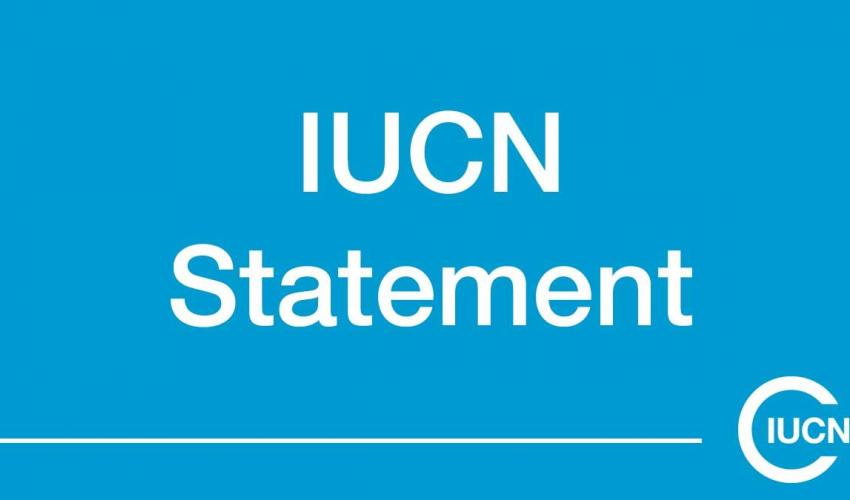IUCN Director General’s statement for World Food Day
Agriculture and conservation both rely on healthy nature. Rich biodiversity lives in the agricultural soils and landscapes covering 40% of the planet. There is huge potential for sustainable agriculture to conserve and restore nature – but current practices fail to realise this.

Cultivating flooded fields in Viet Nam
Photo: HoangTuan_photography / Pixabay
Unsustainable food production and consumption place nature under tremendous pressure, harming livelihoods and communities worldwide. Almost 40% of people cannot afford a healthy diet; enormous amounts of food are wasted; while food systems are responsible for over a third of greenhouse gas emissions and up to 80% of biodiversity loss.
Yet transforming agricultural practices is possible. IUCN’s research shows that sustainable agriculture is profitable for farmers and society. But to enable sustainability, farmers and actors across complex production and supply chains need support such as investment, infrastructure, training, adequate regulations, and subsidy structures. Only then can land health, and the soil biodiversity that underpins it, be protected.
This year IUCN launched the Sustainable Agriculture and Land Health initiative to drive the food systems agenda among our 1,500 state, subnational government, civil society, and Indigenous Peoples Organisation Members. This initiative draws on IUCN’s ability to bridge conservation and agriculture. It aims to propose ambitious, collaborative policies, and establish international commitments to sustainable agriculture.
We have shown how farming can contribute to food systems that are equitable, safe, nutritious, and sustainable. But this transition needs innovative, large-scale, and long-term investments. Governments must increase public support and finance to conservation within agriculture, and reduce subsidies to farming practices that harm biodiversity. Public and private finance need to collaborate in investments that carefully balance food security, livelihoods, and land health. Consumers need greater awareness of their impact through their behaviours and choices.
This year World Food Day comes at a unique time. September saw the IUCN World Conservation Congress and the 2021 UN Food Systems Summit; yesterday the first part of the UN Biodiversity Conference concluded; in two weeks the UN Climate Change Conference will begin. The ongoing pandemic – which threatens food security even in the richest countries – shows how we all depend on fragile food systems. Action is needed now.
With food high on the international agenda, IUCN stands ready to drive the transition to sustainable food systems and build the common ground between conservation and agriculture.
Together we can secure food and future for all.



